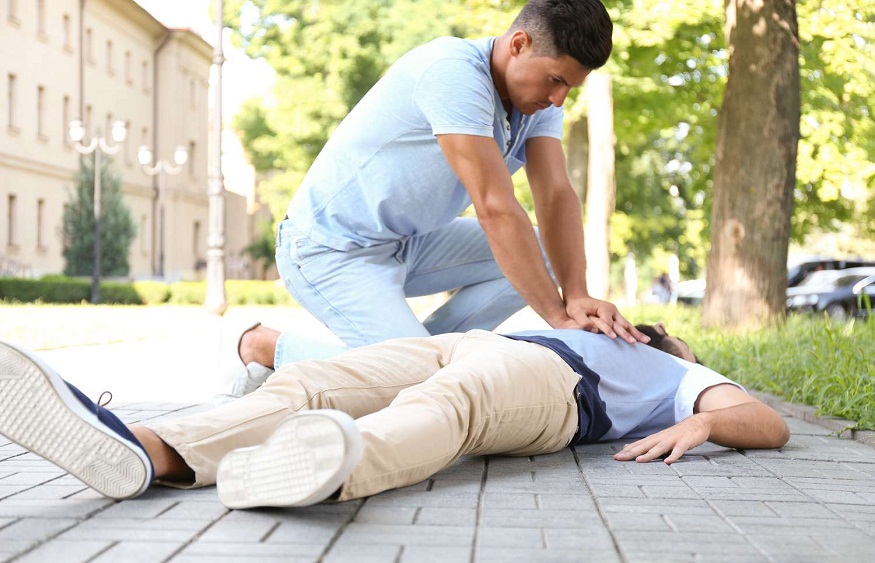A cardiac arrest is a medical emergency demanding immediate action, and the role of a cardiologist is pivotal in these scenarios. They act as the expert hand that guides the heart back to its rhythm. Images of atrial fibrillation New York may come to mind, where the heartbeat is irregular and often rapid. This blog will shed light on the cardiologist’s role during such emergencies. Their expertise is a beacon, steering us through the stormy seas of a cardiac crisis.
Understanding Cardiac Arrest
Cardiac arrest is a heart condition. It happens when your heartbeat stops suddenly. It’s different from a heart attack, though people often confuse the two. Here is a useful guide to understand the difference.
The Cardiologist’s Role
Cardiologists come into play when the heart needs special care. They understand the heart. They study it, care for it, and fix it when it’s broken. They are the last line of defense for your heart.
Responding to an Emergency
During a cardiac arrest, time is of the essence. Cardiologists make quick decisions. They use their knowledge to save lives. They are the calm in the storm.
Restoring Rhythm
A cardiologist’s job doesn’t end with saving a life. They also work to prevent future cardiac arrests. They help patients adjust their lifestyles, manage their health, and keep their hearts beating strong and steady.
Comparing Cardiologists and General Physicians
While general physicians can provide routine heart care, cardiologists are specialists. Here is a simple comparison of their roles:
| Role | General Physician | Cardiologist |
| Education | Medical degree | Medical degree + specialized training |
| Focus | General health | Heart health |
| Role in cardiac arrest | Initial response | Detailed care and prevention |
Cardiologists are the heart’s best friends. They stay by its side, through thick and thin. They are the heroes behind the scenes, working tirelessly to keep our hearts healthy and our lives full.



